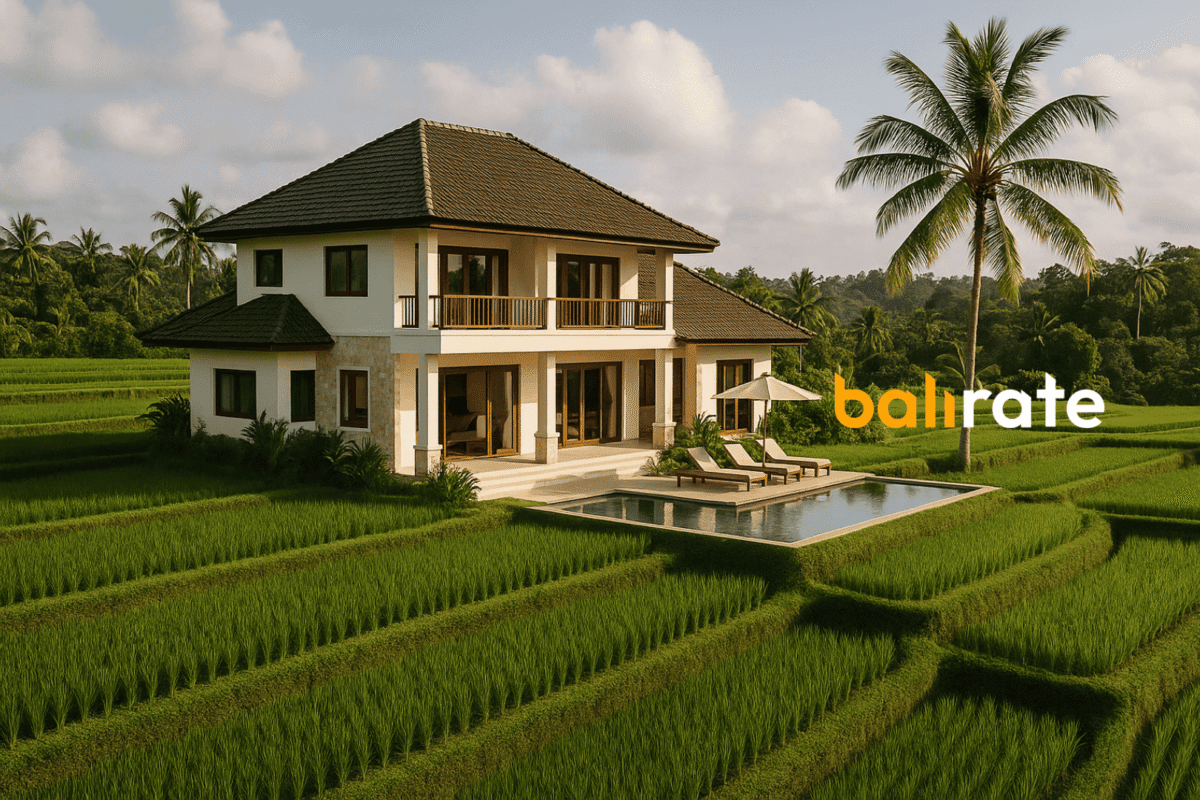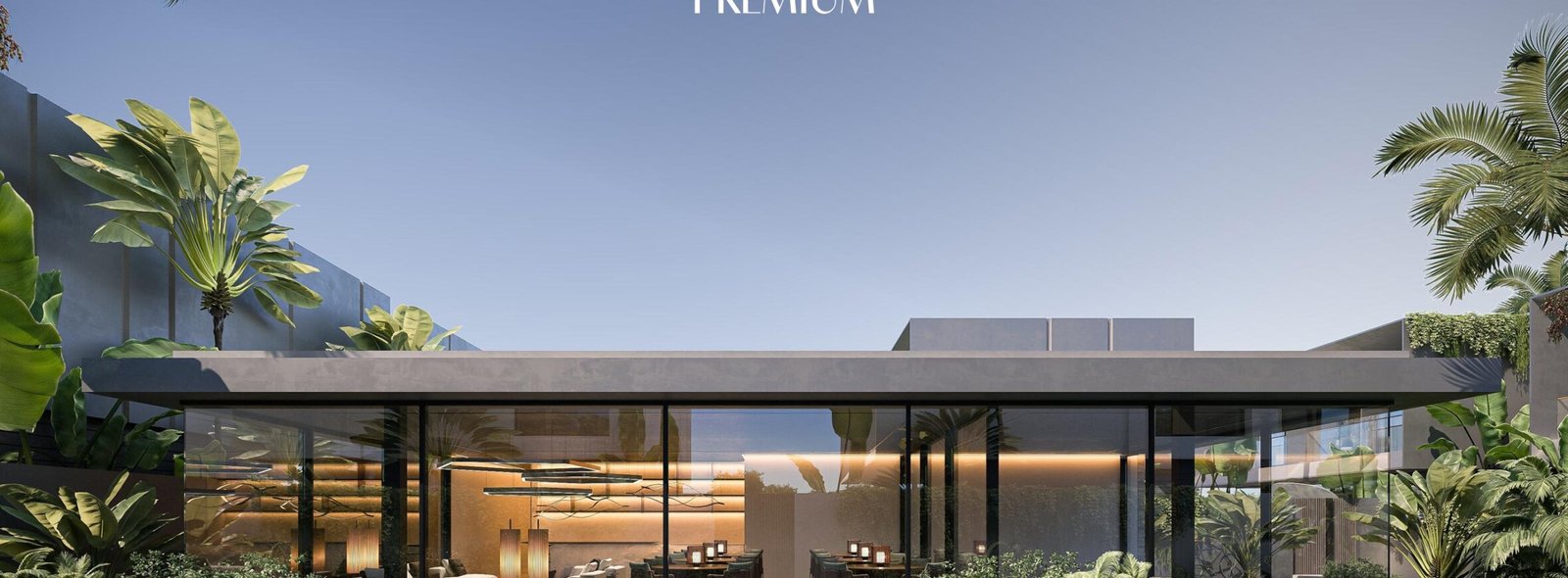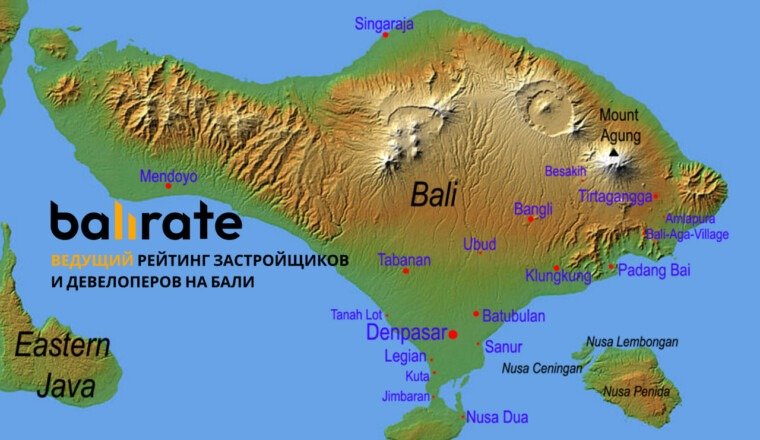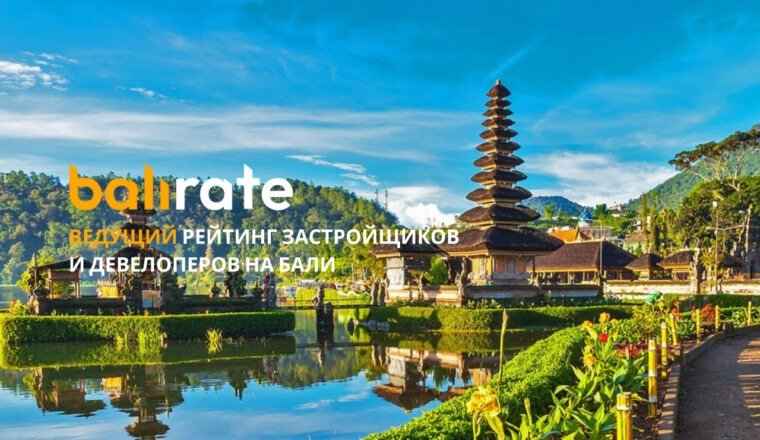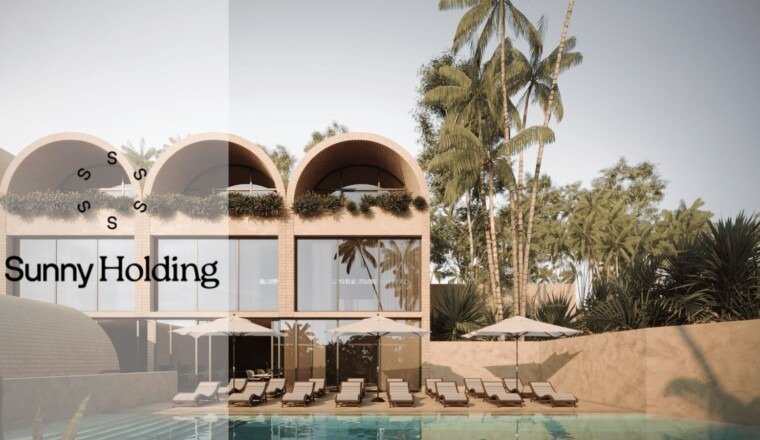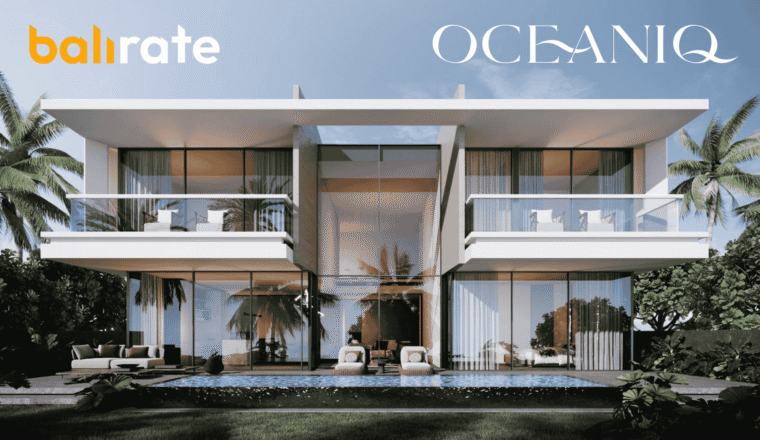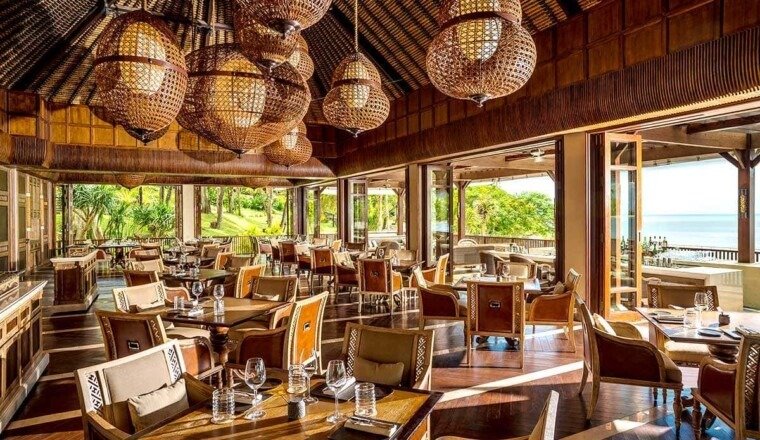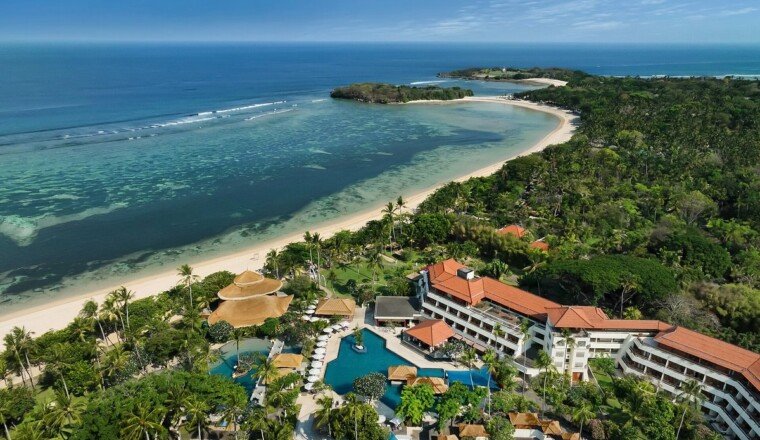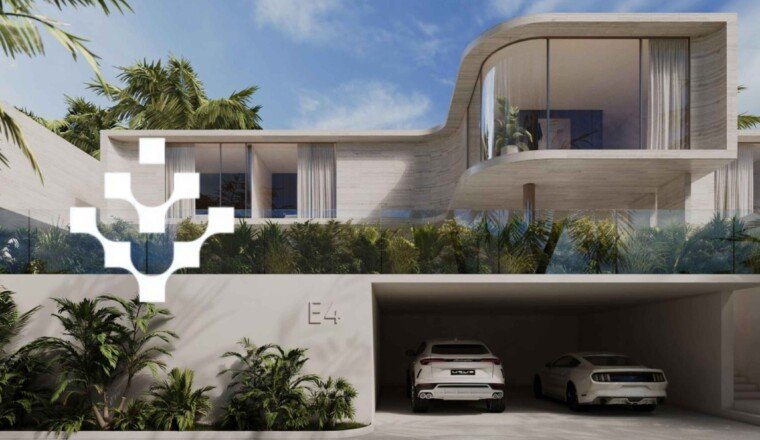What affects the value of an object?
1. Location : the closer to popular tourist areas (Changu, Ubud, Uluwatu, Seminyak), the higher the cost.
2. tourism potential: how attractive is the location for short-term rentals? Are there attractions, beaches, cultural sites nearby?
3. type of property: villa, apartment, hotel or commercial property - each property has its own level of demand and costs.
4. Legal status and licenses: Is the land owned (SHM) or leased? Are there PBG, SLF licenses?
5. Investment climate: projected price growth in the neighborhood, interest of large developers and government initiatives (infrastructure projects).
6. Infrastructure : availability of nearby roads, water supply, electricity, stable internet and other basic conditions.
What affects the profitability of a facility?
1- Rental Return on Investment (ROI): how much does the property bring in per year from rent, in % from the investment?
2. Potential increase in value: is flipping possible - resale at the completion stage at a profit?
3. operating costs: cleaning, security, maintenance - this affects net income.
4. Capital investments: do you need to make repairs, install furniture, appliances?
5. Payback: in how many years can the investment be recovered?
6. Seasonality: it is important to understand how this will affect utilization.
7. Additional services: income from transfers, excursions, food delivery, massage, bike rentals, etc.
8. Financial analysis: counting income and expenses for each scenario - daily rent, long-term rent, resale.
How to properly evaluate a location in Bali
Unlike major metropolitan areas, in Bali, location appreciation is not just about the city center or proximity to the subway. It is important to consider the day-to-day logic of life on the island:
1. Distance from the ocean (minutes by bike) Optimal: up to 5-10 minutes
2. Distance from the center of a particular neighborhood Changgu Center ≠ Bali Center. Analyze locally.
3. availability of infrastructure nearby (within walking distance or 2-5 minutes by bike):
* Grocery stores
* Cafes and restaurants
* Popular places (terraces, temples, beaches)
* Beach Clubs
* Laundries
* Coworking and fitness rooms
4. Quality of construction: materials, engineering solutions, heat and noise insulation, ventilation - affect durability and comfort.
5. Legal cleanliness: check documents: title deeds, permits, building licenses. Especially important in Bali, where laws are complicated for foreigners.
6. Communications and amenities: availability of water, electricity, internet, sewerage, security systems, parking, security, etc.
7. Window views and orientation: panoramic views, sunsets, ocean or jungle views increase the attractiveness and value of the property.
8. Having a management company: professional management of rent, maintenance and repairs increases income and eliminates headaches.
